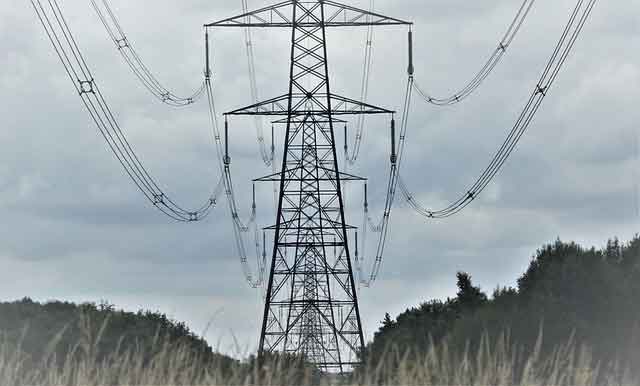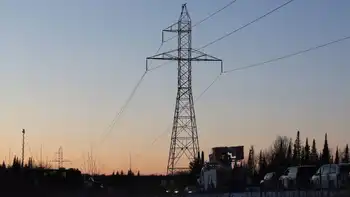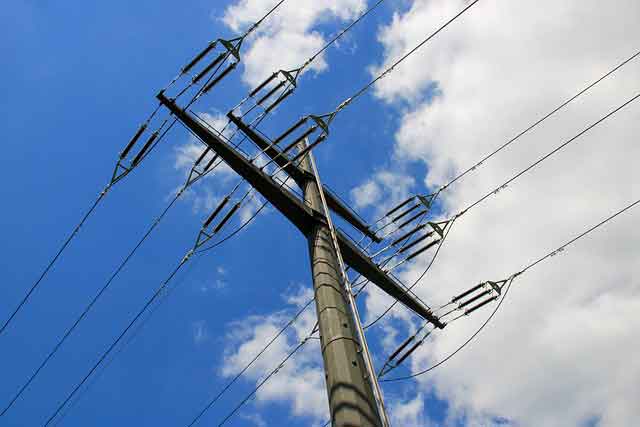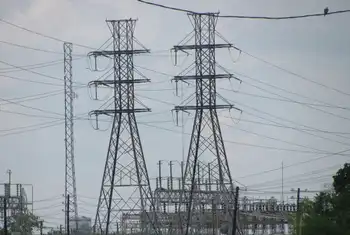German industry chief lauds coal, nuclear power
HANOVER, GERMANY - Germany must pursue novel coal and nuclear energy technologies to secure its future power production and ensure that climate targets can be met more easily, the head of industry association BDI said.
BDI President Juergen Thumann said the two energy sources needed to stay around, if alongside the growing utilization of renewable energy. Coal fuels half of German power generation and nuclear just under a third.
"We must use all technologies, those based on fossil fuels, renewable sources and nuclear energy," said Thumann during the Hanover industry trade fair, which showcases German technology.
"I am aware of the explosive force of such a statement but each one has its own advantages and risks."
Thumann's remarks come amid growing opposition to new coal plants in Germany, Europe's biggest economy, because of their high carbon dioxide emissions (CO2), which harm the climate.
Germany also remains committed to phasing out nuclear energy by 2021 to avoid security risks and waste disposal problems.
Power company Vattenfall Europe is holding on to a plan for a coal-fired power station in Hamburg after the city-state's new ruling coalition dodged a decision on the 2-billion euro ($3.19 billion) project.
Hamburg's dominant political party, the conservative Christian Democratic Union, had to tread carefully in coalition talks with its partner the Greens Party, which shows that the coal plant debate may soon start determining national politics.
State-of-the-art coal generation plants were now under construction in Germany with over 50 percent energy efficiency, which means half the primary fuel input is turned into power, Thumann said. The world average is below 30 percent.
Coal is relatively cheap and reserves are projected to last hundreds of years, meaning its growing use is unstoppable.
If the latest technology was applied, worldwide CO2 emissions from coal-fired plants could be curbed by 1.6 million tonnes a year, or a sixth of the global total, Thumann said.
He also criticized Germany's lack of representation in third generation nuclear power projects currently undertaken by Finland and France.
"That's our domain and we're not there," he said.
Related News
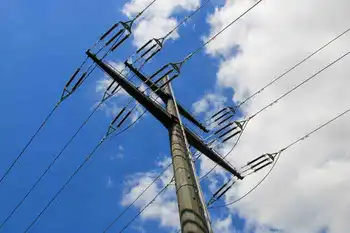
Electricity Prices in France Turn Negative
FRANCE - France has recently experienced an unusual and unprecedented situation in its electricity market: negative electricity prices. This development, driven by a significant influx of renewable energy sources, highlights the evolving dynamics of energy markets as countries increasingly rely on clean energy technologies. The phenomenon of negative pricing reflects both the opportunities and challenges associated with the integration of renewable energy into national grids.
Negative electricity prices occur when the supply of electricity exceeds demand to such an extent that producers are willing to pay consumers to take the excess energy off their hands. This situation typically arises during…

